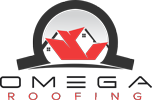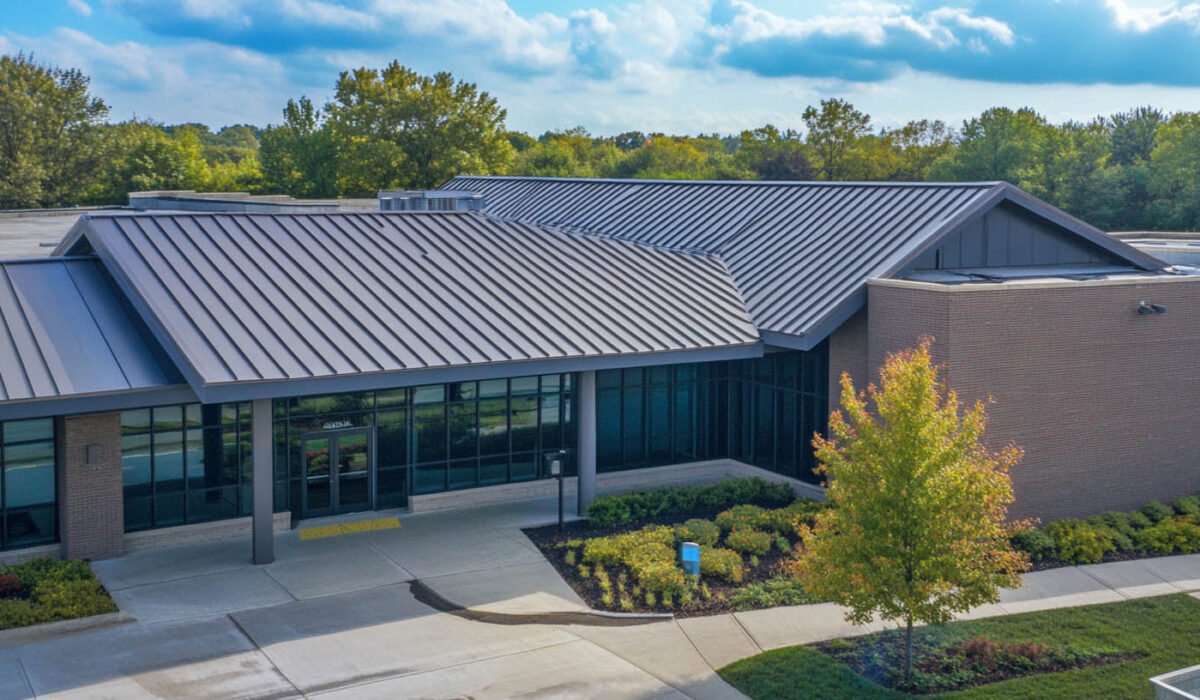Commercial metal roofing has gained popularity as a reliable and durable solution for businesses seeking efficiency and sustainability. This article delves into its advantages, challenges, and key considerations to help you understand why it stands out as an excellent choice for commercial applications.
Exceptional Longevity and Durability
Metal roofing is renowned for its unparalleled lifespan. Traditional materials like asphalt shingles typically last 12-20 years, whereas metal roofing materials such as aluminum, steel, and stainless steel can endure for 40 to 70 years. This extended lifespan translates to fewer replacements and significant cost savings over time.
Businesses that opt for metal roofs benefit from their ability to withstand environmental wear and tear without compromising performance, making them an ideal long-term investment.
Mold and Mildew Resistance
Mold is a persistent issue for many commercial buildings, leading to structural damage and health risks. Metal roofs are naturally resistant to mold and mildew due to their non-porous surface, which prevents moisture retention. This resistance not only safeguards the building structure but also promotes better indoor air quality, crucial for employee health and productivity.
By choosing metal roofing, businesses can reduce the likelihood of costly repairs and protect their building occupants from potential health hazards.
Quiet Performance with Proper Installation
A common misconception about metal roofing is that it is noisy during rain or hail. However, with the use of proper underlayment and installation techniques, this issue is effectively mitigated. Metal roofs are often quieter than expected, offering comparable soundproofing to traditional roofing materials.
Additionally, advanced installation methods can address the subtle noises caused by thermal expansion and contraction, ensuring a quiet and comfortable environment for building occupants.
Robust Weather Resistance
One of the most significant advantages of commercial metal roofs is their ability to endure harsh weather conditions. These roofs can withstand heavy winds, hailstorms, and even snow loads. They are also fire-resistant, offering an extra layer of protection against unexpected hazards.
For businesses in regions prone to severe weather, metal roofs provide peace of mind and reduce the likelihood of frequent repairs or replacements.
Environmentally Friendly Roofing Choice
Sustainability is a key consideration for modern businesses, and metal roofing aligns perfectly with this priority. Metal roofs are 100% recyclable and often made with a significant percentage of recycled materials. They can also enhance energy efficiency by reflecting heat, reducing cooling costs during hot seasons.
The integration of solar panels with metal roofs further supports eco-friendly initiatives, making them a preferred choice for businesses aiming to reduce their carbon footprint.
Installation Matters: Partnering with Professionals
The performance and longevity of a metal roof heavily depend on the quality of its installation. Proper insulation, precise seam alignment, and the use of high-grade materials are critical for maximizing its benefits. Collaborating with experienced professionals ensures a seamless and reliable roofing solution.
For example, Omega Roofing, LLC, based in Jackson, TN, stands out as a trusted provider of commercial metal roofing services. Their dedication to craftsmanship and customer satisfaction guarantees high-quality installations tailored to specific business needs.
Addressing Potential Drawbacks
While metal roofs offer numerous benefits, they come with a few considerations. Initial costs are higher than those of traditional roofing materials, and additional treatments may be necessary to enhance corrosion resistance in coastal areas. However, these challenges are offset by their long-term advantages, including reduced maintenance and extended lifespan.
Emerging Trends in Metal Roofing
The metal roofing industry is continuously evolving, with innovations such as advanced coatings, smart roofing systems, and integration with renewable energy technologies. These advancements position metal roofs as a future-ready solution that combines functionality with sustainability.
FAQs About Commercial Metal Roofing
What is the average cost of a commercial metal roof?
The cost typically ranges between $5 and $12 per square foot, depending on the material and complexity of installation.
Can metal roofs handle extreme weather?
Yes, metal roofs can withstand winds of up to 140 mph and are highly resistant to hail and snow, making them suitable for extreme weather conditions.
Are metal roofs eco-friendly?
Absolutely. Metal roofs are fully recyclable, often contain recycled materials, and can improve energy efficiency.
Do metal roofs require frequent maintenance?
No, they require minimal maintenance compared to traditional roofing systems, saving businesses time and money.
Can a metal roof be installed over an existing roof?
In many cases, yes. However, this depends on the building’s structural integrity and compliance with local codes.
Conclusion
Commercial metal roofs are a durable, sustainable, and cost-effective choice for businesses looking to invest in long-term solutions. Their resilience, energy efficiency, and low maintenance requirements make them a standout option in the commercial roofing market. By partnering with trusted professionals, businesses can ensure their roofing systems deliver maximum performance and reliability.
Read also: Six Hidden Dangers of Water Leaks and How to Protect Your Property

